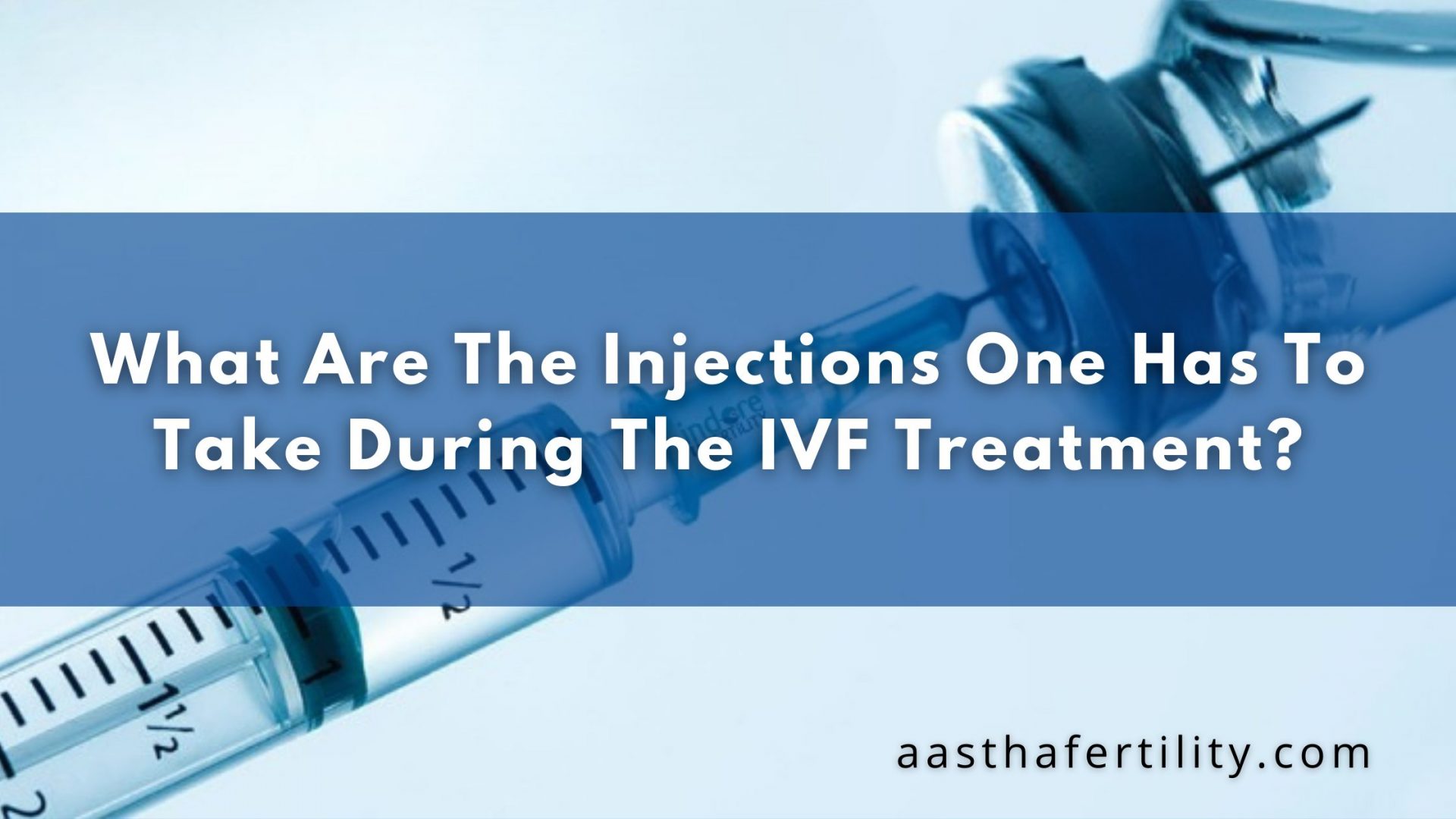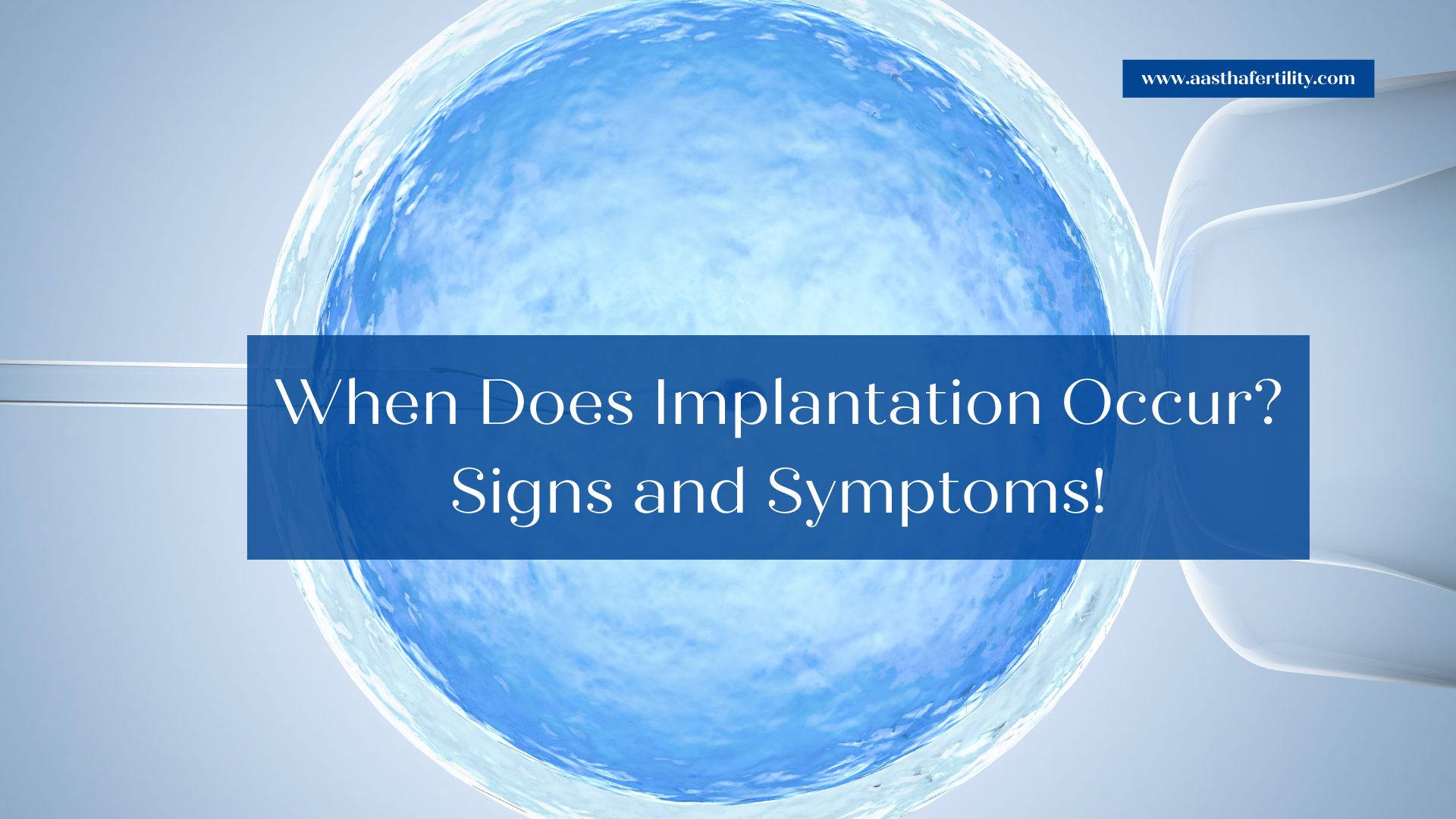Table of Contents
ToggleIt is normal for the menstrual cycle length to vary monthly if you go through breastfeeding, puberty, or approaching menopause. But what if you aren’t experiencing any of these situations and still the gap keeps changing! Then this can be an alarming situation for you.
Every woman is different when related to menstrual problems and periods. For some, it’s like a scheduled clockwork, and for others, it is unpredictable.
Also Read: Home Remedies for Period Stomach Pain
A study has revealed that women get their period in 24-38 days, and the cycle usually lasts for 2-8 days. So, until and unless it is in the given timeframe, it is normal. Otherwise, a slight constant change, and you might need clinical assistance!
Irregular Periods can be inconvenient and annoying. In most cases, irregular cycles are associated with a lack of ovulation, one of the major causes of female infertility. Fertility experts help recover the issue with fertility drugs and IVF treatments, assisting women in conceiving with their egg reserves.
It turns out that irregular periods are pretty common for women. This blog will help you know what is normal and what’s not, providing you with the details of irregular periods, their causes, and treatments.
What Are Irregular Periods?
Menstrual cycles always do not run like clockwork. Some women might get their menstrual call right after 28 days, while others are left guessing their due date. If menstrual cycles are longer or shorter than 21-28 days, they may be irregular.
Though all the irregular cycles do not indicate an issue to worry about. But 30% of women who have irregular periods are diagnosed with an underlying hormonal imbalance issue, making conceiving a baby naturally slightly more complicated.
Women with Polycystic Ovarian Syndrome (PCOS), Premature ovarian insufficiency (POI) endometriosis may menstruate very irregularly, causing difficulty in getting pregnant. Therefore, IVF treatment and IUI procedure give them an optimistic hope of getting pregnant, testing their egg reserves for a successful IVF procedure.
What Causes Irregular Periods?
If you also have irregular periods and look out for the solution and causes of the same on the internet, then you’re going wrong.
Everybody is different, and multiple variables might affect the timing and length of your menstrual cycle. Some of these factors are cured within time, but others might demand urgent clinical attention.
1. Disease-Related Issue-
- PCOS:
PCOS is quite common as more than 80% of women who suffer irregular menstrual cycles have been diagnosed with it. It is a hormonal or metabolic disorder where the body has insulin resistance, and adrenal glands and ovaries overproduce androgen (male hormones).
Also Read: PCOS Diet Chart
- Pituitary Disorders:
40% of participants who suffer irregular periods also have thyroid problems like hyperprolactinemia (presence of too much prolactin in the blood), hypothyroidism (lack of thyroid hormone in the body), and hyperthyroidism (overproduction of thyroid hormone), affecting the regularity of menstrual cycles.
- POI
Usually caused by premature ovarian suppression of unknown cause and woman requires Hormone replacement therapy
( HRT )
2. Non-Disease Related Issues-
- Perimenopause:
As you approach menopause, menstrual cycles become erratic, and you might start missing out on your periods. If you skip more than one period, then you’re in late perimenopause.
- Extreme Physical Workout:
Too much physical exercise can also lead to menstrual abnormalities or even stop them.
- Birth Control:
Birth control pills, rings, and IUD implants can also cause irregular bleeding.
- Anxiety and Stress:
Short-term anxiety and chronic stress might create a hormonal imbalance, leading to irregular or missed menstrual cycles.
- Eating Disorders:
Eating disorders, dieting, obesity, underweight, and illness can also lead to delayed or missed periods.
3. Breastfeeding:
Amenorrhea is a condition in which a woman’s menstrual cycles have entirely stopped. Possible reasons for this are when a woman is pregnant, breastfeeding, or going from menopause.
What are the Complications of Menstrual Abnormalities?
Irregular Periods are common, and more than 50% of women suffer from them. Missed or skipped cycle is not usually harmful, but long-term irregularity may raise the risk for some conditions, including-
- Infertility:
Irregular periods can be the result of anovulation. A woman’s body does not release an egg, making it difficult for a woman to get pregnant.
- Endometrial Hyperplasia:
Suppose a woman has irregular periods for a long time. In that case, this may increase the risk for Endometrial Hyperplasia, where the uterus lining becomes thick, further increasing the chances of endometrial cancer.
- Iron Deficiency:
Blood contains iron, and frequent or heavy periods may lead to blood loss, creating an iron deficiency in the body.
- Osteoporosis:
Estrogen is a hormone in our body that helps keep the bones strong. It is produced during ovulation. Therefore, irregular periods reflect a lack of ovulation, leading to less estrogen in the body. It can weaken the bones and also increase the risk for cardiovascular diseases.
IVF With Irregular Cycles:
30-40% of total infertility cases are linked with abnormal or irregular ovulation, indicating the risk for anovulation. This can easily be treated with fertility drugs but requires constant medical attention.
All those women who have irregular periods might face issues while conceiving naturally, and IVF treatment provides them with an optimistic hope for a healthy baby. IVF on a woman with irregular cycles is performed with injectable gonadotropin hormones that override the body’s normal hormonal production.
Summary:
Occasional Variations in menstrual cycles along with irregular periods are regular. But if a person experiences it regularly, then there may be something affecting the menstrual normalities. For example, it can make it difficult to get pregnant because they might not release an egg regularly.
IVF treatment can help them conceive, but each case and body are unique. Therefore, there’s never a guarantee of success with fertility treatments. However, a team of expert professionals at Aastha Fertility Care has researched all the possible treatments, delivering the highest IVF success rates in India.
Schedule your online consultation appointment now for the best assistance!





Leave a comment